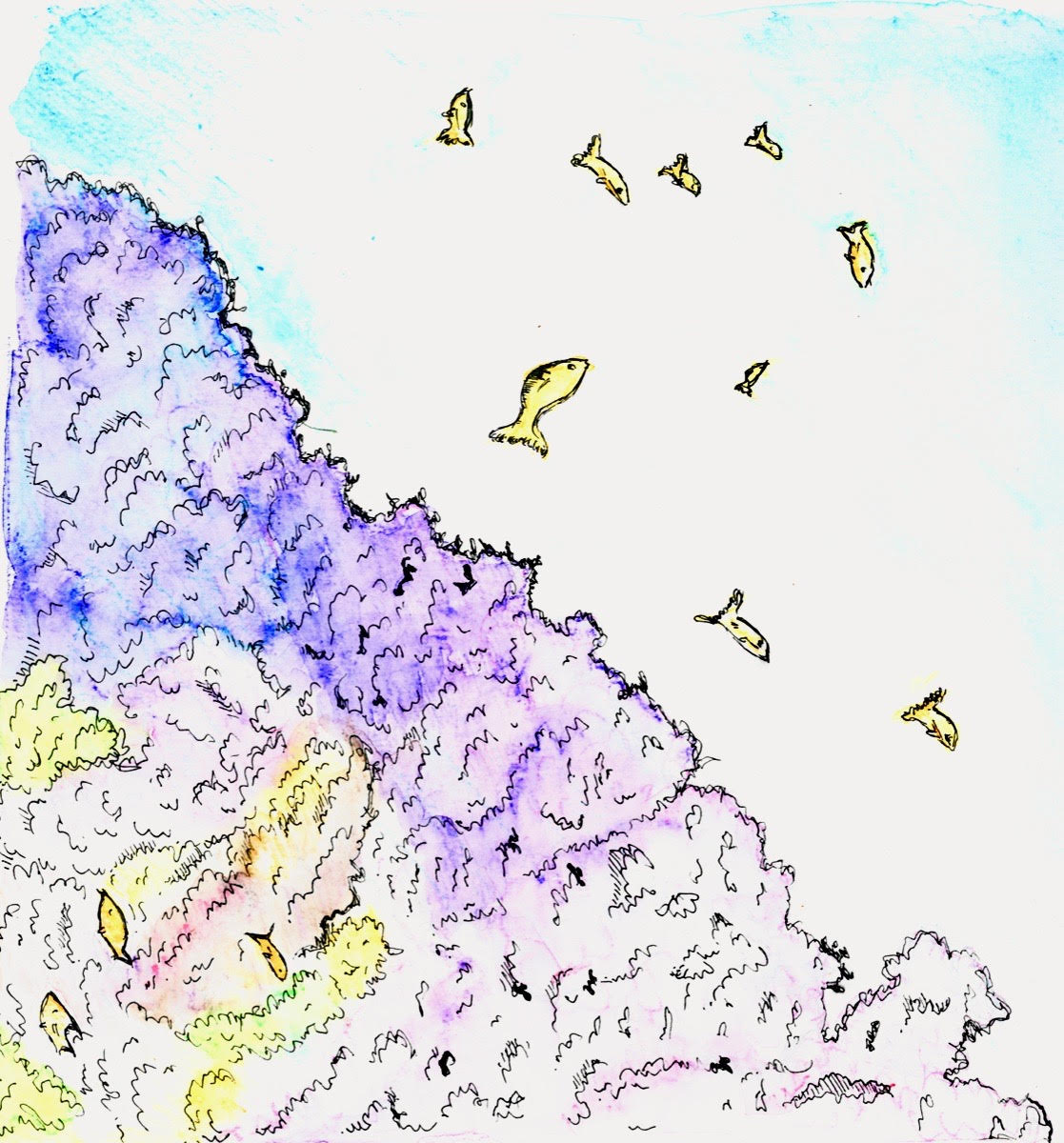In an age where human interplanetary travel is nearing feasibility and our species occupies all corners of the earth, our fragile oceans still remain a mystery.
According to the National Oceanographic and Atmospheric Administration (NOAA), less than five per cent of the oceans have been explored. Documentary filmmakers everywhere have capitalized on the mysteries of the deep—and the not-so-deep—seas, where some of Earth’s most curious creatures are facing serious climatic hurdles.
The abyss of the Netflix catalogue boasts a large selection of marine documentaries; as a tribute to our evasive, albeit threatened, oceans, check out these three great documentaries to get water lovers with curious minds hyped about the deep blue.
Oceans (2009)
“The Mantis shrimp keeps a sharp lookout… he doesn’t take kindly to strangers.”—Pierce Brosnan, Oceans
Chock-full of unbelievable footage and filmed in 50 locations around the globe, Oceans is the Planet Earth of the underwater world. It features the incredible diversity of ocean life, ranging from predators like the Great White shark to the elusive Spanish-dancing sea slug.
For queasy viewers, the American version omits the usual horror-inducing predator-prey scenes to cater to all audiences.
Actor Pierce Brosnan performs the running commentary with well-timed wit and light-hearted humour to keep viewers on their toes. Oceans caters to anyone with a general interest in the ocean and the animals that live there.
Chasing Coral (2017)
“26 per cent of the Great Barrier Reef corals died in 2016.”—Chasing Corals
Over 25 per cent of all marine life relies on coral reefs. Recent overwhelmingly disheartening news describes how these ecosystems have fared with rising global temperatures.
Chasing Coral, the successor to Chasing Ice, employs time-lapse cameras stationed all over the world to document the global coral bleaching events of the past few years.
Featuring never-before-seen underwater cameras—designed to withstand tropical storms and the ever-changing marine environment—it highlights one of the trendiest mapping projects underway: A 360-degree survey of the world’s coral reefs. Essentially an underwater Google Earth, the XL Catlin SeaView Survey substitutes a pricey vacation with a virtual snorkelling trip.
For those interested in how climate change impacts the ocean, this film offers visual proof of the devastation facing the world’s reefs and the hopes of saving them in astounding resolution.
Mission Blue (2014)
“[Jacques-Cousteau’s 1956 film] Silent World made me want to see what he saw: To meet fish swimming in something other than lemon slices and butter on a plate."—Sylvia Earle, Mission Blue
There’s no question that the oceans have changed drastically over the past 60 years. With a career spanning the better part of six decades, Sylvia Earle—marine biologist, conservationist, and ocean advocate—bore witness to these transformations.
This documentary focuses on Earle’s career, as well as the growth of her organization, Mission Blue. Mission Blue aims to create a global network of protected marine environments Earle calls “hope spots.” These protected areas are crucial to the health of the ocean, and identifying them is key in strategizing plans for future marine work. Revitalizing these damaged habitats can promote global stewardship toward the oceans.
As a woman in science, Earle has faced numerous challenges. At a time when academia was dominated by men, she proved her worth as the only woman—in a crew of 70—to work on the International Indian Ocean Expedition in 1964. Later in her career, she was the first woman offered the position of Chief Scientist to the NOAA.
With unrivalled enthusiasm, Earle gives a voice to that which cannot speak for itself. Mission Blue won the News and Documentary Emmy Award for Outstanding Editing in 2015, earning it a spot on any nature-documentary lover’s list.
Happy Netflixing!








